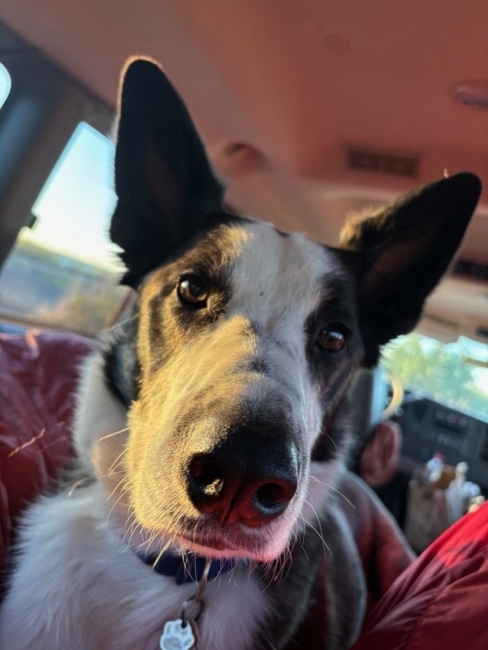From Rachel Toor
Today we're gonna keep it short.
You may have doomscrolled yourself into a puddle. You’ve read a zillion analyses about what just happened.
Or more likely, you haven’t had time to read because everyone is looking to leaders to reassure them, like loving parents, that everything is going to be okay.
There will be plenty of people and publications (including ours) ready to tell you how to address your confused students, your angry faculty, your legislatures, your staff. Your comms staff may tell you to write a statement. Or not to.
There will be predictions of what higher ed might look like without a federal agency looking out for us—or worse, telling us to do things some of us don’t think are right.
You may also have focused on consoling your sobbing partner or spouse, your terrified family, your dog who, let’s face it, is likely absorbing everyone else’s stress. (The cats will be fine, since really, most cats are bird-murdering, mouse-torturing little sociopaths.)
Or you may be like one leader who said he finds it soothing that the presidency was won not only by the whims of the electoral college, but that the popular vote validated where the country stands. There is no ambiguity.
Another president said he was trying to move on from anger at him to figure out them, the voters, and how to move forward.
Many people just need time. And hugs.
We know you are taking care of your campuses and doing good work. We, or rather I, have little to offer, except one small nugget.
In a podcast episode titled “How Can I Say This So We Can Stay in This Car Together?,” Claudia Rankine described to “On Being” host Krista Tippett an encounter she had with a white guy on a plane.
They started talking about music and ended up singing a song by The Commodores.
After yukking it up and bonding, he said, "I don't see color." She replied that wasn't such a good thing to say.
Why?, he asked.
“Because I’m a black woman, and you’re a white man. And I want you to see that. If you don’t see color, you’re not seeing me. And if you can’t see me, you can’t see racism. And I want you to be able to see those things.”
His response, “Did I say anything else?”
“No, that was it.” And merrily they rolled along.
In the interview, Rankine, a MacArthur Fellow, at the time a poetry professor at Yale, also talked about being picked up at an airport to be driven a couple of hours to a campus where she was giving a graduation speech.
The driver was a working-class white woman. Their backgrounds and politics were, let’s just say, vastly different. And yet, they went on to have a great conversation by talking about their lives, the personal stuff, the things that matter most.
“I’m often being driven by people who are not me,” Rankine said, “and I spend a lot of time thinking about, how can I say this so that we can stay in this car together, and yet explore the things that I want to explore with you?”
That has been my motto since I first heard this interview (though sometimes I forget), but it's once again top of mind. I want to hear from people what I may be missing if I don't assume we all agree.
That’s all we've got for you this week, peeps. Except if anyone needs recommendations for engrossing mystery novels (there’s a new Louise just out) or luminous works of nonfiction or poetry, I’m your girl. For now, please take care of yourselves and feel free to reach out.
Well, and this. For those attending the APLU annual meeting in Orlando, please come to Bar Tela at the Hilton (conference hotel) on Monday at 5 p.m. and have a drink with us. On us. (I will be accepting and offering hugs.)


